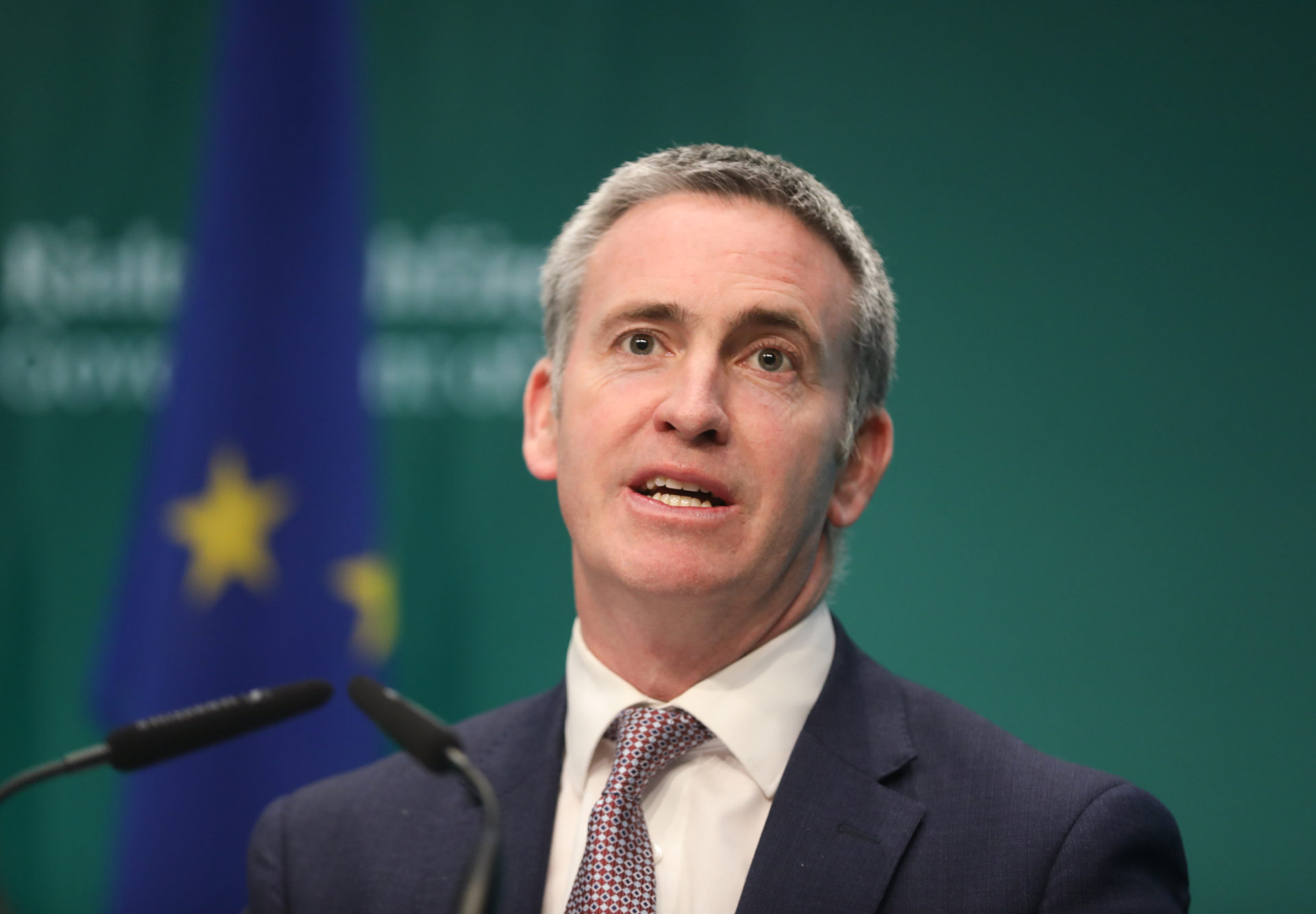Significant increases in the funds available to public nursing homes are not matched in private, according to the CEO of Silverstream.
Under the Fair Deal scheme, the State funds the beds in private and voluntary-run care facilities, but privately-run nursing homes criticise the “large disparity in funding per bed” between their facilities and those run by the HSE.
Speaking to Pat Kenny, CEO of Silverstream – who owns and manages 11 private nursing homes – Tom Finn said: “The Fair Deal is in around 12 or 13 years now and I think in the beginning it was very much fit for purpose.”
“As people grow older and the acuity or the dependency of residents gets higher, the costs get higher,” he said.
“The Fair Deal hasn't changed to reflect the changing dynamics of the sector.”
Public nursing homes
Mr Finn said the main issue faced by private nursing homes is that they do not receive the same increase in funding as the HSE does.
“As recently as last week, there was a significant increase in the funds available to public nursing homes,” he said.
“This morning the HSE acknowledged that the cost of running those beds is higher than the private ones.
“The value for money reports are very clear that there's no discernible difference between the actual level of care to be provided in those homes.”
“The [HSE] staffing ratios are higher, benefits are better and that's the reason we lose 100% of our nurses to the public system.”
Nurses
Mr Finn said the issue of losing staff to the public system is not down to a wage difference.
“Our nurses are paid pretty much the same as the public system,” he said.
“The carers are definitely paid higher in the public system than they are in the private system, but it's not sustainable.”
Mr Finn said the private sector doesn't even attempt to retain staff because “they just won't stay.”
“They come from abroad, we train them and then they immediately move into the public sector,” he said.
 30/11/2022 Pictured is Minister Damien English as he launched the Report of the Strategic Workforce Advisory Group on Home Carers and Nursing Home Healthcare Assistants, and made a major announcement on employment permits for home carers. Photograph: Leah Farrell / RollingNews.ie
30/11/2022 Pictured is Minister Damien English as he launched the Report of the Strategic Workforce Advisory Group on Home Carers and Nursing Home Healthcare Assistants, and made a major announcement on employment permits for home carers. Photograph: Leah Farrell / RollingNews.ieCost pressure
Mr Finn said that since inflation started going up, “somewhere between 30% and 40% of all nursing homes are not profitable.”
“Nursing homes are in deeds with the National Treatment Purchase Fund (NTPF) prior to inflation,” he said.
“In Dublin, I have a home that has an increase of €15 a week, if I was renegotiating that now that could be as high as €60.
“The big problem for homes that in deeds is that they're all running at a loss now.”
Mr Finn said cost pressures are also increased due to regulatory bodies that “generate a huge amount of costs, particularly in older homes.”
“The HSE’s initiatives to keep people at home as long as possible is working, and that's great, but what happens then is that people come into our nursing homes far sicker,” he said.
‘Exit the market’
Mr Finn said these costs that every week, he is “contacted by individuals who want to exit the [nursing home] market.”
“Most of those homes are not viable even for us as a group, and they will exit the market,” he said.
“Demographics are changing and there will be significant shortages in the future.
“If the Fair Deal rates stay as they are, a 100-bed nursing home will probably be worth €2.5 million less than it cost to build it.”









